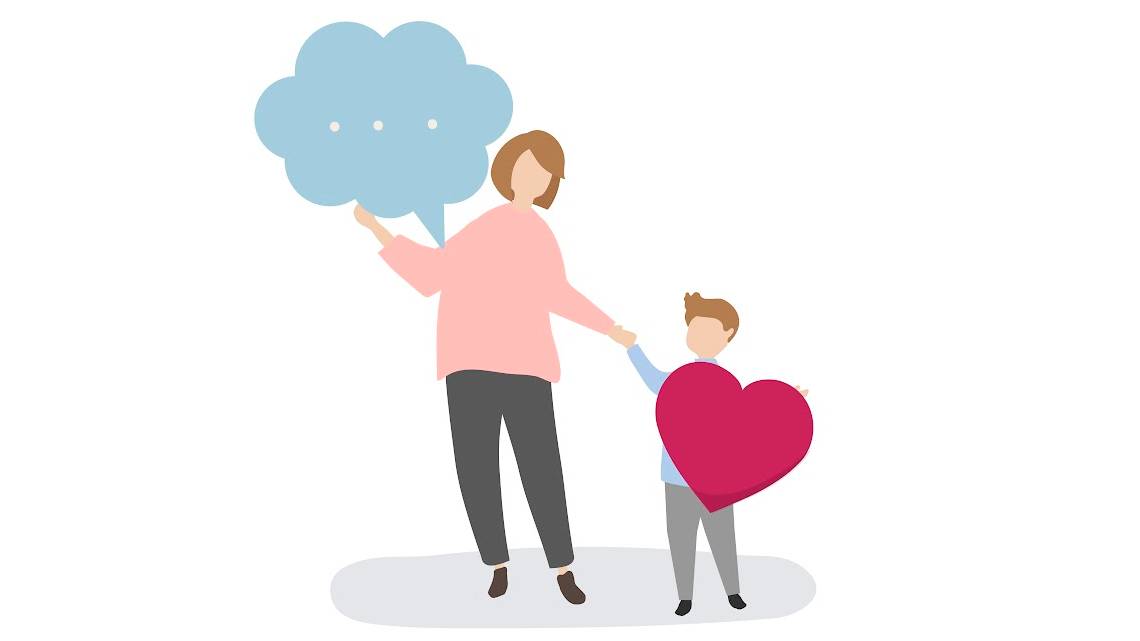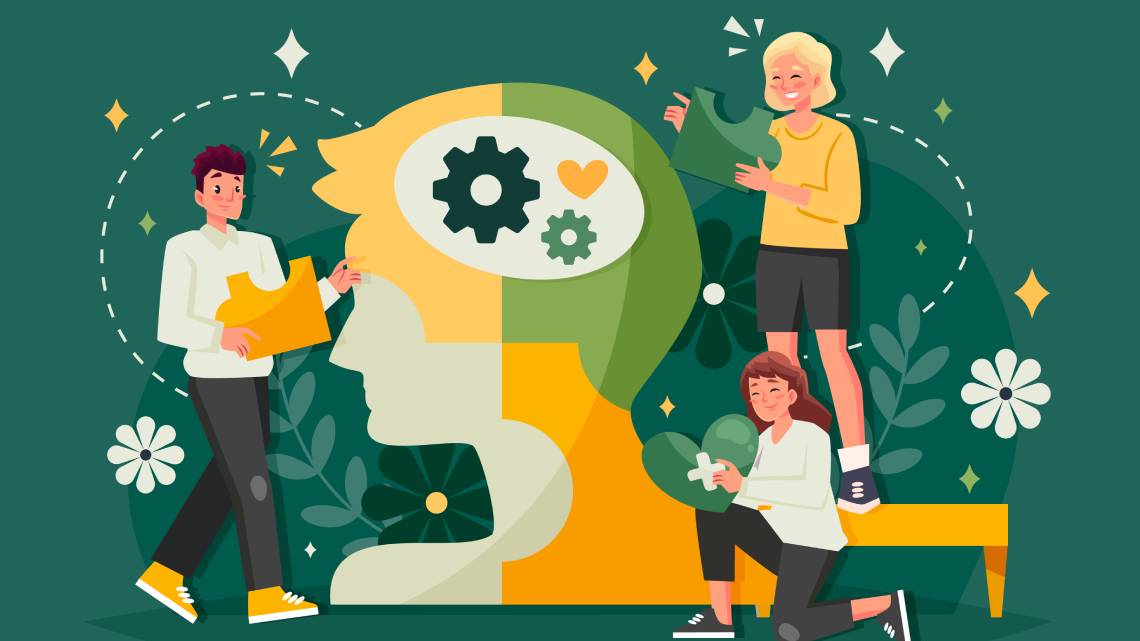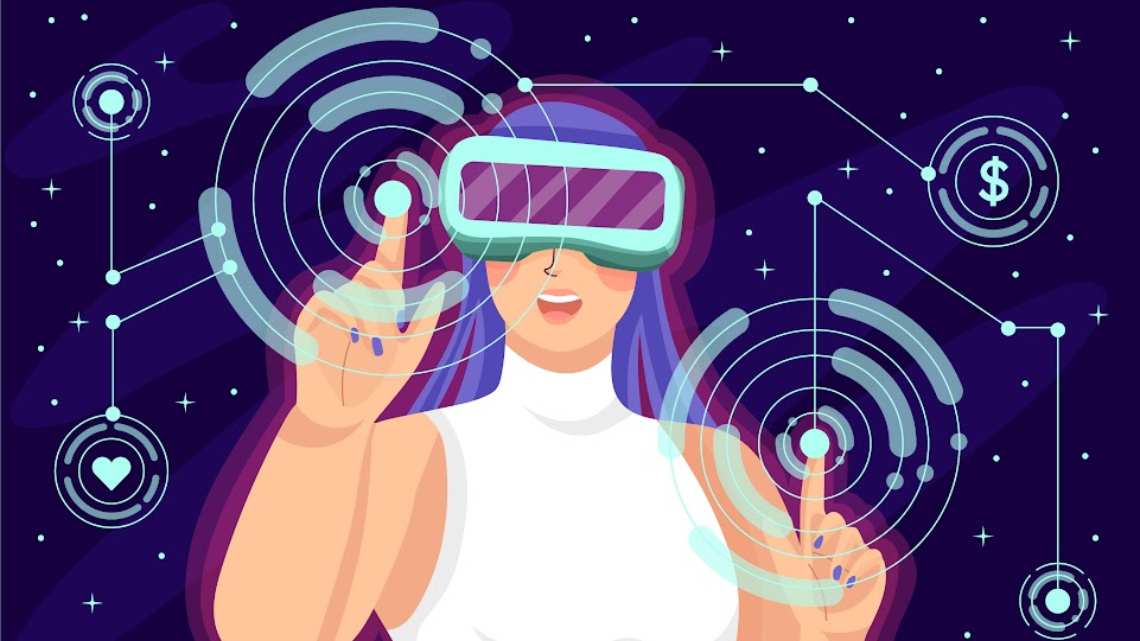
Brian’s life story underscores the urgent need for empathy and understanding, not only in community settings but also within workplaces. His personal experiences with burnout have propelled him to advocate for mental health, and his efforts have recently been recognized as he was named a finalist for the Community Business Awards 2024. Through his work, Brian strives to create supportive environments across Hong Kong, making mental health a priority for all.
Understanding Burnout Through Personal Experience
For Brian, the journey into mental health advocacy began with his own struggle with burnout, a growing concern in today’s fast-paced work environment. Burnout is often misunderstood; it is defined as a syndrome resulting from chronic stress that overwhelms an individual’s capacity to cope. This condition manifests as low energy, lack of motivation, and disengagement, particularly in the workplace.
Initially, Brian noticed the signs of burnout gradually creeping into his life. He faced multiple stressors over an extended period, leading to physical symptoms like chronic insomnia. Sleep became elusive, with Brian managing only two and a half hours a night. This lack of rest drained his energy and made it increasingly difficult to maintain healthy habits, such as regular exercise. Additionally, persistent stomach issues further complicated his situation, adding to his growing sense of unease.
After consulting with his doctor, Brian received the counsel to see a psychiatrist. This recommendation brought a profound sense of relief, as he had intuitively recognized the need for professional help. Upon diagnosis, he learned that he was experiencing not only burnout but also depression and anxiety—conditions that often accompany prolonged stress.
Through this journey, Brian discovered that burnout is frequently precipitated by long-term, high-pressure workplace demands, coupled with a lack of support and an unhealthy work environment. He recognized that self-care strategies—such as maintaining a regular sleep schedule, staying hydrated, exercising, and fostering social connections—are vital for resilience. However, despite his best efforts, he found himself overwhelmed and ultimately made the difficult decision to leave his job.
Managing Panic Attacks and Offering Support
Brian’s experiences extended beyond burnout; he also faced panic attacks, which can occur unexpectedly and leave individuals feeling immobilized. He recalls a particularly challenging moment when he learned a triggering individual would be at a social event. Overwhelmed by anxiety, he felt frozen, unable to breathe or think clearly. This gripping fear left him disoriented, struggling to process information—a common response during such episodes.
Understanding how crucial support is during a panic attack, Brian emphasizes the importance of maintaining a calm presence for those affected. He advises offering reassurance without overwhelming the individual, encouraging them to regulate their breathing. One technique he recommends involves extending the out-breath, mimicking the instinctive sighs of children:
- Inhale deeply through the nose for a count of four.
- Pause for a moment.
- Exhale slowly through the mouth for a count of six or eight, ensuring the out-breath is longer than the in-breath.
This prolonged exhale activates the body’s relaxation response, helping to reduce anxiety and promote a sense of calm. Brian notes that it’s perfectly acceptable to sigh or hum softly if it brings comfort.
His journey serves as a reminder of the importance of recognizing early signs of stress and taking proactive steps to address them. Brian emphasizes that maintaining healthy habits and seeking help when needed is crucial. For anyone feeling the weight of burnout or anxiety, he encourages reaching out to friends, professionals, or support groups before the situation escalates.

The Importance of Support Groups
Brian strongly believes in the transformative power of support groups. Unlike traditional therapy, these peer-led spaces foster shared experiences, empathy, and community among individuals facing similar challenges. Support groups allow participants to express their feelings openly, whether they are dealing with anxiety, depression, or chronic illness. For many, simply knowing they are not alone in their struggles can be profoundly comforting.
As an organizer of several support groups, Brian emphasizes that these environments create a safe and confidential space characterized by non-judgmental listening. Joining a support group often begins with a preliminary conversation to gauge fit and expectations. While some groups welcome anyone, others maintain a structured approach to build trust over time. Importantly, there is no obligation to share; many members find solace in listening to the stories of others, which can be just as therapeutic as sharing their own experiences.
Support groups have a proven track record of effectiveness, exemplified by models like Alcoholics Anonymous, which has provided peer support since the early 20th century. These groups empower individuals to navigate their recovery journeys, promoting resilience and connection in a world that can feel isolating. Whether conducted online or in person, support groups serve as vital resources for those seeking understanding, hope, and healing.
Creating a Safe Space for Men: Movemen
Recognizing a critical gap in support available for men navigating life’s challenges, Brian established the Movemen community. Often, societal expectations discourage men from expressing vulnerability, leading to isolation and emotional struggles. Movemen is designed as a space where men can come together, share experiences, and support one another through life’s ups and downs.
Unlike traditional support groups, Movemen emphasizes community and connection. Brian fosters an environment where men can discuss issues such as relationship challenges, financial anxiety, and emotional health without fear of judgment. The community incorporates movement activities to help participants reconnect with their bodies, along with guided meditations to encourage introspection.
Through practices like active listening and emotional expression, men learn to articulate their feelings and develop greater self-awareness. Brian has observed positive changes not only in the men who participate but also in their relationships. Partners report increased self-compassion and attentiveness in their significant others, reflecting the transformative power of the Movemen community. By creating this supportive environment, Brian empowers men to embrace vulnerability, fostering healthier connections with themselves and those around them.
Ultimately, both support groups and effective coping strategies for managing panic attacks play critical roles in mental health and well-being. Brian’s experiences serve as a reminder that reaching out for help—whether through community support or professional guidance—is a vital step toward healing and resilience. By fostering connections and practicing self-care, individuals can navigate their challenges with greater strength and understanding, ultimately leading to a healthier, more empathetic community for all.
Recently Added
Parental mental health plays a monumental role in a child’s social, emotional, behavioural and psychological development. Parents and caregivers are central to …
Cognitive behavioral therapy (CBT) was initially developed by Aaron Beck in the 1960s and it is based on the cognitive model of …
Artificial Intelligence or AI, as we like to call it, has become a part of everyday operations, enhancing everything from manufacturing automation …




